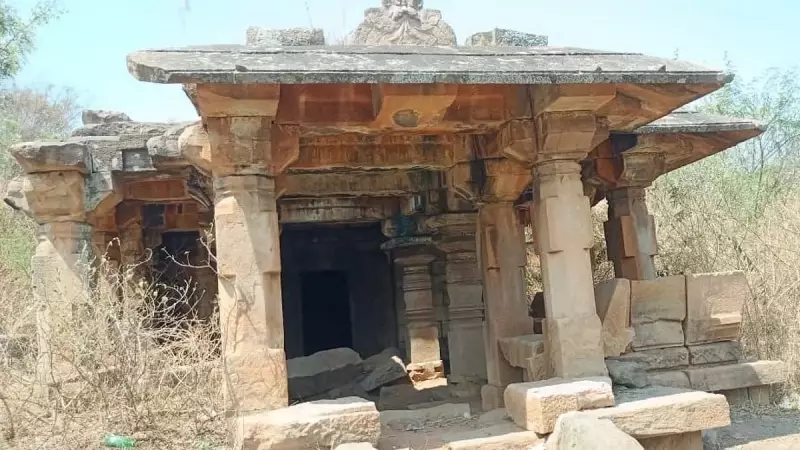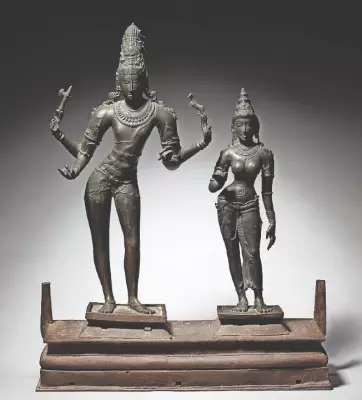
Ancient Gold Coins Shed New Light on Chalukya Queen's Reign
Archaeological history has been rewritten with the remarkable discovery of gold coins bearing the name of Akkadevi, a prominent figure from the Kalyana Chalukya dynasty. These precious artifacts were unearthed recently in Madugula village, Telangana, offering fresh insights into India's rich historical tapestry.
The Royal Legacy of Akkadevi
From 1010 CE onwards, Akkadevi established her rule across multiple regions, with her power centered at Arasibidi. Historical records identify this stronghold as Vikramapura in epigraphical documentation. The recent discovery provides tangible evidence of her sovereignty and the economic systems under her command.
The gold coins feature Akkadevi's epithet prominently embossed, showcasing the advanced minting techniques of the era. These findings are particularly significant because they offer numismatic proof of female leadership during the Chalukya period, challenging traditional historical narratives.
Archaeological Sites Tell a Broader Story
Complementing the coin discovery are the dilapidated Jain temples at Arasibidi, located in present-day Ilkal taluk of Bagalkot district. These structures, though in ruins, speak volumes about the architectural and religious practices of the time.
Archaeologists have also studied a mutilated inscription on a stone slab at the Jain Temple in Arasibidi. While damaged, this inscription provides additional context about the cultural and administrative landscape during Akkadevi's rule.
Reviving Memories of Chalukya Grandeur
The discovery serves as a powerful reminder of the Kalyana Chalukya dynasty's grandeur and influence across southern India. These gold coins not only validate historical records but also open new avenues for understanding the economic and political structures of 11th century India.
Researchers from the Archaeological Survey of India (ASI) are conducting further analysis to determine the exact metallurgical composition of the coins and their circulation patterns. This could reveal important information about trade routes and economic relationships during Akkadevi's reign.
The findings in Telangana's Madugula village represent a significant breakthrough in Indian archaeology, connecting dots between various historical sources and providing a more comprehensive understanding of the Chalukya empire's reach and sophistication.





